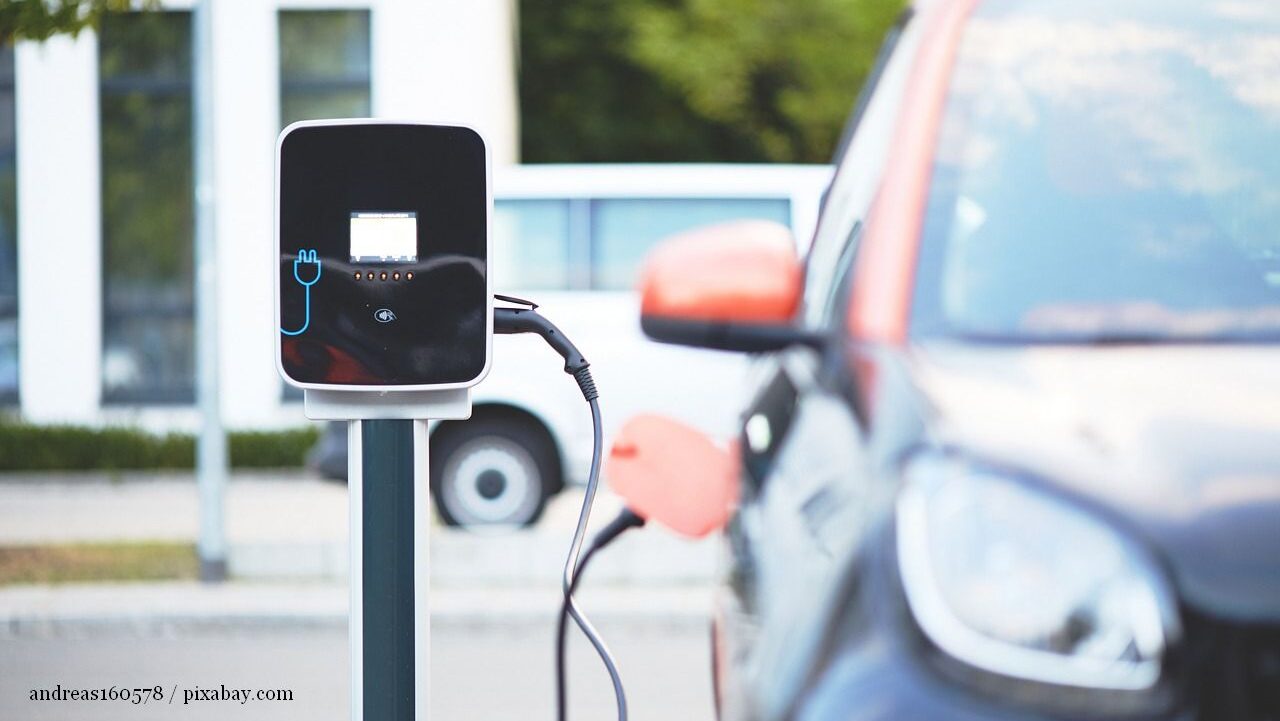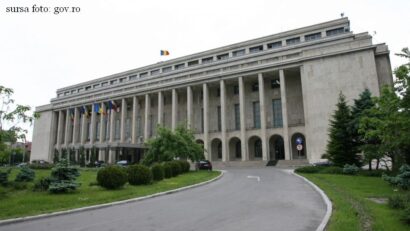Discussions regarding the Car Scrapping (Rabla) program
Car manufacturers in Romania advocate for a unique Car Scrapping (Rabla) program, established for five years.

Ştefan Stoica, 21.02.2025, 13:50
The Car Scrapping (Rabla) programs were implemented by the Environment Ministry to renew the car fleet in Romania, by gradually replacing old, polluting cars with new ones. In particular, Rabla Plus program had the ambition and, partially, succeeded in accelerating the dynamics of environmentally-friendly hybrid and electric car purchases. Romanians were tempted to buy such vehicles because they were offered generous ecobonuses, going up to 10 thousand Euros in the case of electric cars. Last year, however, the decrease of the ecobonus for electric vehicles from 10,000 to 5,000 Euros caused a market setback of about 32%. Starting from this reality, the representatives of the Automobile Manufacturers Association in Romania are discussing with the authorities scenarios aimed at revitalizing the Rabla program.
The general secretary of the Association, Adrian Sandu has details: “As of last year, we started the dialogue with the Environment Fund Administration and the Environment Ministry to draw up the new program. We want a five-year program, because we want regulated fiscal and legislative predictability. This is the first basis of the development of a business based on healthy principles. Regarding the Rabla program, we want it to be a single program, to no longer have the Rabla Clasic and Rabla Plus programs and to start as soon as possible”.
According to the representatives of the Automobile Manufacturers Association, if the financing of the ecobonus is made from money obtained from green certificates, it is possible that its value be more substantial than if it is made from the state budget, which, this year, is subject to constraints. At the beginning of the month, the Romanian Automobile Manufacturers and Importers Association (APIA) announced that it supports the implementation of a new ‘Rabla’ Program with efficient subsidies of 8,500 Euros for electric cars, which will provide predictability at least until the year 2030. The association campaigns for complementary legislative measures for the development of charging station infrastructure and for the adoption of concrete, planned measures to support sustainable mobility in Romania.
According to Automobile Manufacturers and Importers Association, the evolution of the market in 2025 will depend both on economic factors and consumer demand, as well as on political decisions that can accelerate or slow down the transition to electromobility. The Association forecasts that, in 2025, the general market of new registered vehicles will no longer grow as in the last three years, a slight decrease of 0.4% being estimated, with a number of 179,000 units sold. At the same time, ‘electric’ vehicles will have an increase of 34.6% compared to 2024, registering a much more intense pace than in previous years, a trend that will be directly influenced by the future subsidy conditions. Romania ranks fifth among the largest car manufacturers in Europe, and the domestic car industry has generated a turnover of 35 billion Euros in 2023, on the rise as compared to previous reports. (LS)






























